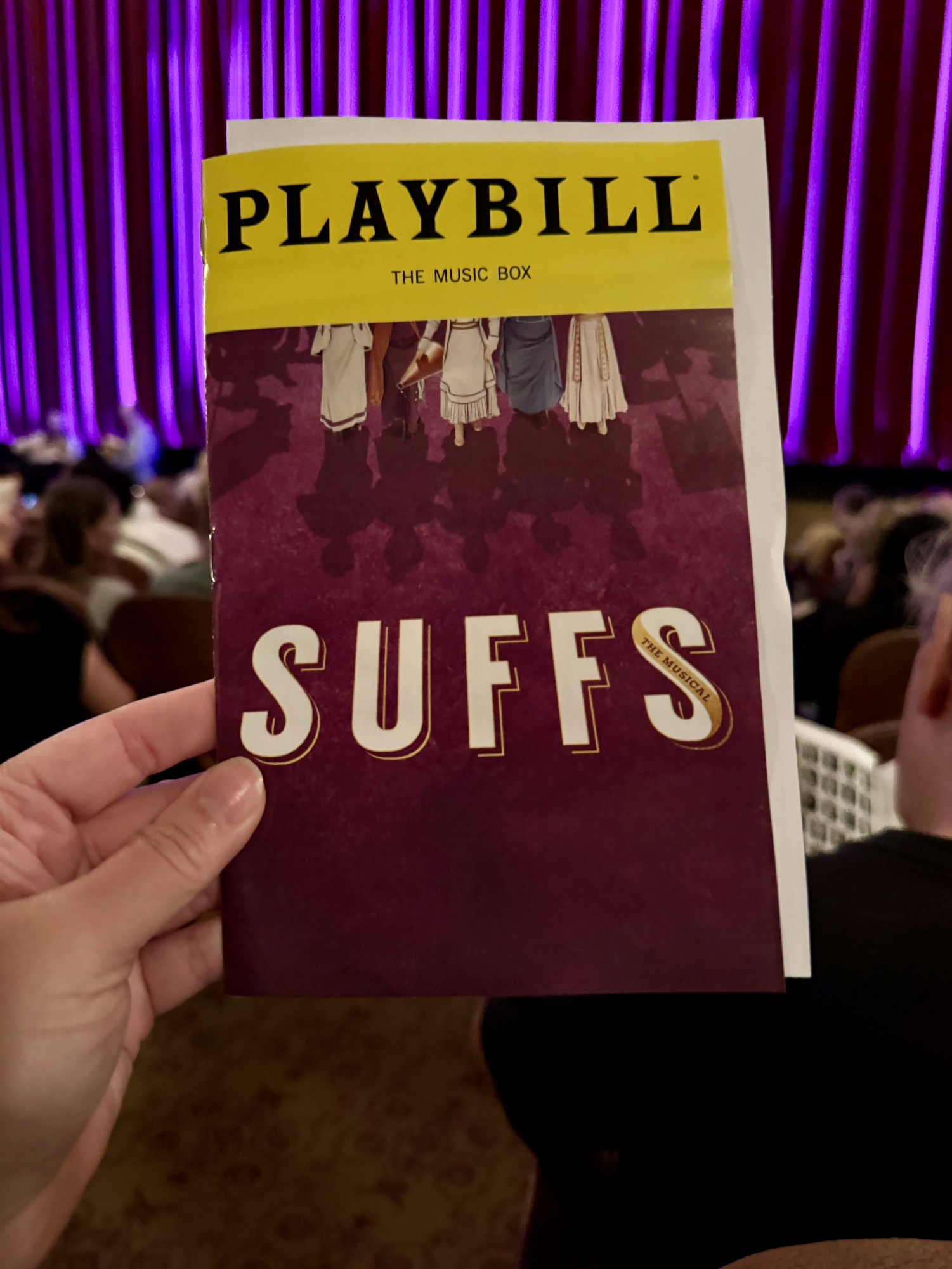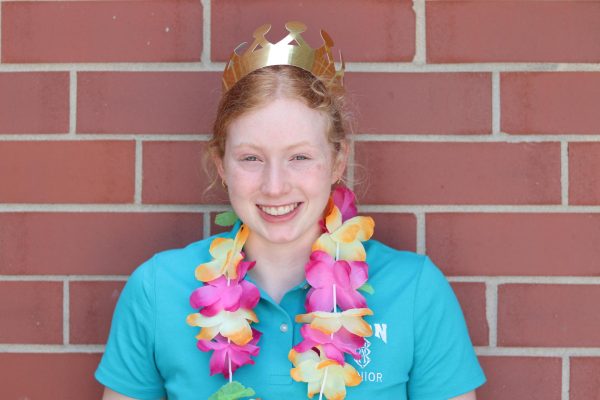This summer, three teachers traveled to the Upper West Side for a five-day development opportunity on teaching civil discourse.
“I’m always trying to figure out how we can do a better job of teaching students how to dialogue, especially in a context where, in the world around us, we do not have good dialogue modeled for us,” mission director Annie Riggs said. “The rhetoric in the world is divisive, and it tries to force people into polarized positions when, really, it’s more about getting to know them and connecting with them. And yet, we never get to practice that.”
The conference included trips into the city to museums as well as visits and presentations from various experts.
“I was surprised by how much I enjoyed the political scientists’ and legal scholars’ thoughts on the Founding Fathers’ writings,” world history teacher Taylor Hersh said. “I don’t teach U.S. history, so I enjoyed revisiting these topics that I haven’t studied since I was in college.”
The conference was run by Civic Spirit, a Jewish organization that partners with educators and schools rooted in a faith tradition to strengthen their capacity for comprehensive and non-partisan civic education. One of the conference’s main features was providing hands-on activities to apply what the teachers were learning.
“A lot of times it’s the question you start with. If you start with a question that’s extremely polarizing, then yes, it’s going to force people into polarizing positions,” Riggs said. “But if you ask a question that’s rooted in someone’s experience or their values, you can talk about the same topic, but you can do it in a way that allows for more give and take and more openness to somebody else’s perspective.”
For example, instead of asking whether the Second Amendment is good or bad, you could instead ask about people’s experiences with guns. The conference itself also modeled this structure with the questions it asked the teachers to consider.
“One of the questions they started out the conference with was something along the lines of ‘What makes you feel like you belong to America?’ They had each one of the teachers respond with an experience in their lives when they felt like they belonged to the country, and tapped into that life experience as a way to talk about your values, about the country and what you want to see happen in the country,” government teacher Lindsay Moore said. “I was just struck by the variety of answers. I just thought it was so interesting to hear how so many different people would answer that question.”

Moore was so inspired by the question that she included it at the beginning of her first-semester government class. Instead of having a discussion, Moore asked students to journal their responses and she continues to provide journal prompts as the class evolves.
“Since this year is an election year, I have used so many things I learned in my honors government class, especially about trying to get people to talk to each other civilly across what seems like a very divided political landscape,” Moore said. “Giving students the toolset to be able to engage in these dialogues that – instead of dividing a community – can actually bring a community closer together… That’s the whole goal.”
Particularly in the polarized landscape of today’s politics, teachers can be cautious about bringing up elections in the classroom. However, Moore holds that the election can provide a unique lens to teach through.
“It’s stressful, but also such a great opportunity,” Moore said. “We pulled in the presidential debates and the vice presidential debates. We talked about voting. We’re going to talk about down-ballot voting, which is about looking at other people on the ballot than just the president and vice president, and then it’s a great jumping-off point to let students explore ‘What do I believe in and what are my values?’ and connect back to who they are as a person.”
The teachers at the conference also participated in an activity centered on a technique called reflective dialogue, which Moore has now applied in her classroom.
“I had people talking about their own political values and their own experiences that are tied to those values in small groups,” Moore said. “It was in a very structured sort of way that I think made people feel a little more comfortable than they would normally feel if they were just in a free-flowing conversation. There were specific questions and people could only respond with other questions rather than making a statement or a counter statement.”
Emphasis on talking itself was a theme of the conference. There were around 20 participants, who were encouraged to frequently discuss the topics they were being instructed in.
“It is important to regularly practice dialogue in order to build meaningful relationships with those around us and to broaden our own perspective,” Hersh said. “I felt fortunate to dialogue with participants at the summer institute who had experiences and opinions that were different from mine.”
All three teachers are applying the lessons they learned in their own ways. Moore utilizes various exercises in her classes while Hersh ran a fall deep dive session focused on conversations with family. Riggs is hoping to implement lessons at the grade school.
“All that we’re trying to help students do is think.,” Riggs said. “How do we give faculty the practice together to talk through some of these scenarios that might come up in class? How do you work through this situation? How could you ask different questions that would achieve a better result with students?”
None of this is easy. Asking people to be vulnerable and honest is difficult, as is having productive conversations in a time of political division.
“Why ask students to do this? Because it makes them uncomfortable. If we’re wanting to build a courageous and curious community, like the theme is for this year, then I think it’s through having these types of conversations that we make connections with each other,” Moore said. “We learn to be curious about one another, rather than judgmental about one another. If we can do that here at Sion, I feel like that’s just one step toward maybe getting it into the broader culture, because that’s what our country needs right now.”
A Night in the City

“It blew me away. It was so good and so relevant to many of the ideas we’re talking about,” Moore said. “If we’re talking about American history and bringing all people into the conversation, then the story of how women got the right to vote just seemed to dovetail right into that.”
Every day, the conference took up much of the teacher’s time, running from 8:30 a.m. to 5:30 p.m. with four to five sessions. This left only the night to relax, decompress and explore New York City. One evening activity that government teacher Lindsay Moore chose to participate in was attending the Broadway production of “Suffs,” a musical production covering the work of female suffragettes to gain the vote.




